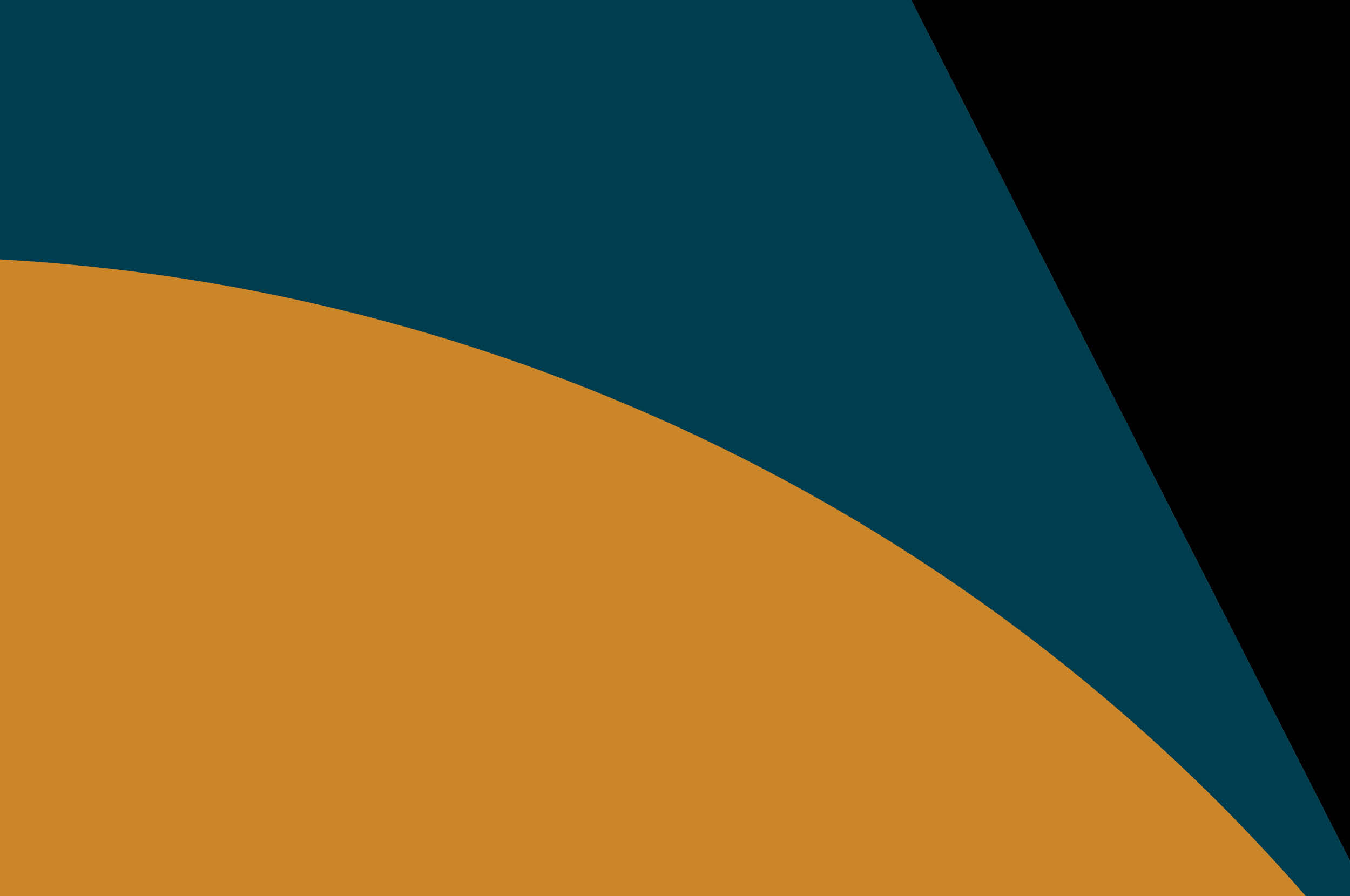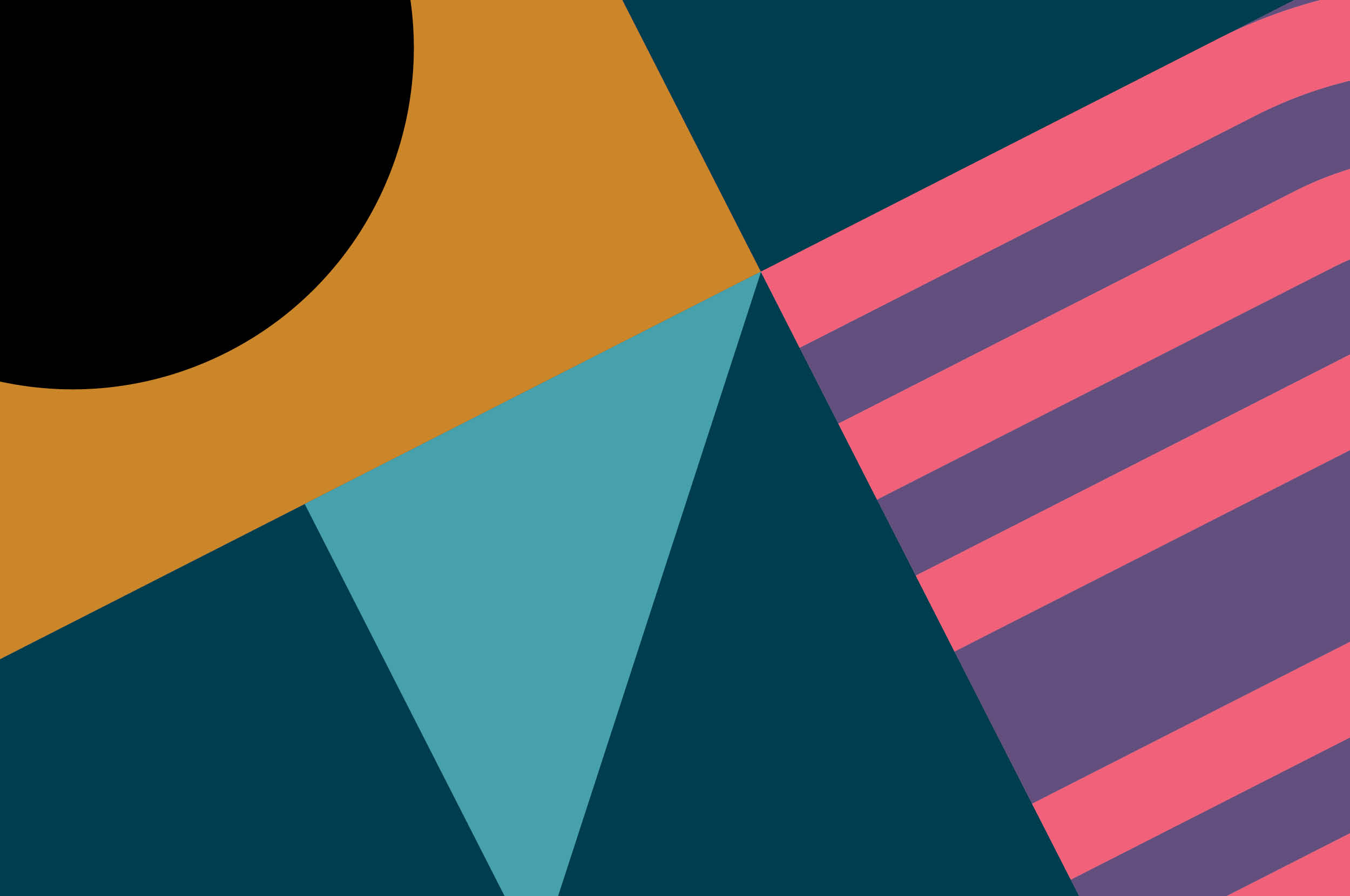Careers at Thoughtworks
[Episode 6] Day in the life of a Thoughtworks Tech Lead





Disclaimer: The statements and opinions expressed in this article are those of the author(s) and do not necessarily reflect the positions of Thoughtworks.



